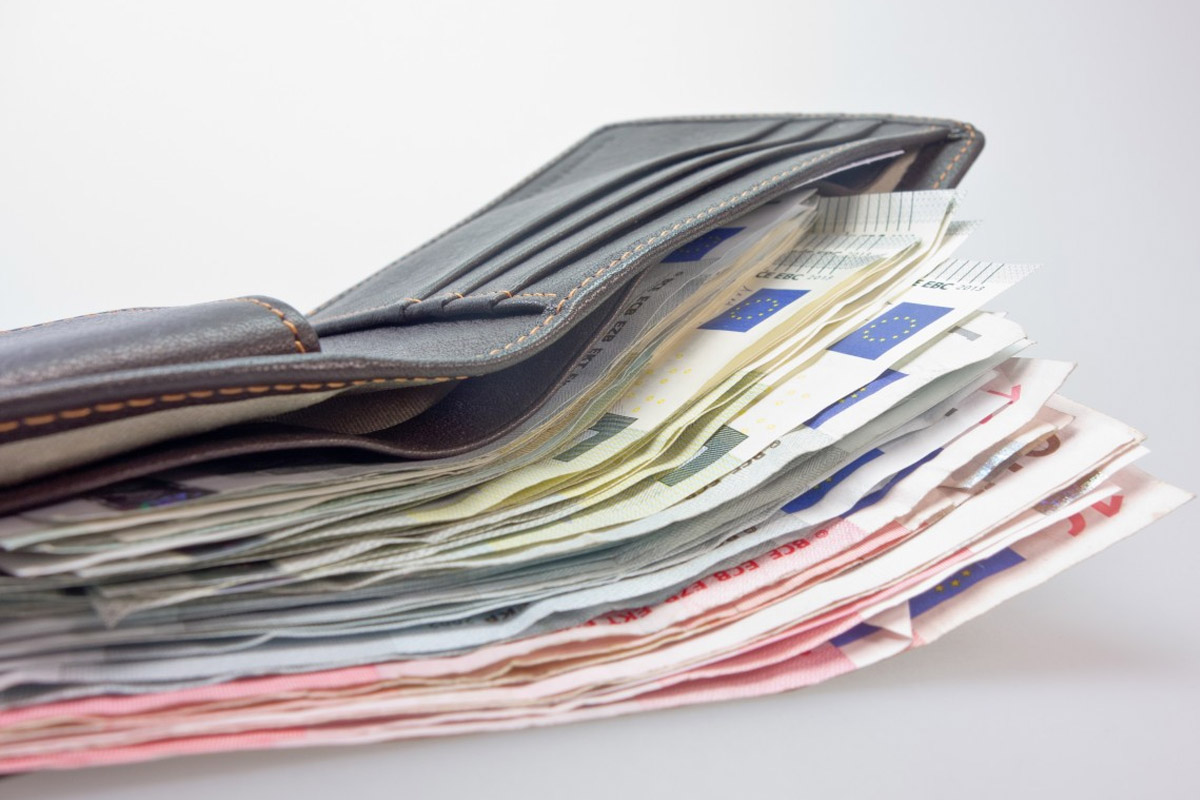Top Five Crypto Red Flags on Social Media
Some scams are easy to see, but others might look like a worthwhile investment opportunity. Here are some crypto red flags to look out for.

According to CoinMap.org, there are more than 20,000 businesses that accept Bitcoin as payment, there are more than 100 Bitcoin ATMs located throughout the world, and since Bitcoin’s launch, billions of dollars have been transferred using it. All of these accomplishments would not have been possible without a robust security system for wallet owners. This space is currently in an odd state as a result of the industry-wide consensus and reliance on a small number of custodian wallets.
In conventional banking systems, a custodian’s function is to secure and guarantee that deposits are used correctly. However with cryptocurrencies, there is no one to check that you obey the regulations and take care of your assets. Instead, users of hardware and software wallets are responsible for safeguarding their cryptos against theft or loss.
A custodial wallet is a service that gives you access to digital assets just like you would if you were using a bank. You allow these services access to your money in exchange for an interface that allows you to transfer your assets. As a result, the private keys and consequently the money kept on their platform are in the jurisdiction of these providers.
Users may effortlessly store, send, and receive cryptocurrencies with the use of custody wallets, but there are some risks involved to be aware of.
Custodial cryptocurrency exchanges come in a variety of forms, including centralised, decentralised, mobile apps for holding private keys, and software wallets (desktop web browser). Centralised exchanges offer the highest standard of ease and security. The risk to a user increases with the amount of control a centralised exchange has over their private keys. Decentralised exchanges function like peer-to-peer networks and consumers retain full control over their money.
Trading straight from a software wallet ensures that money never comes into contact with a centralised database, which is more secure than holding cash on an exchange.
These wallets frequently provide conversion services for fiat cash. Many are unfamiliar with blockchain technology, and even seasoned crypto enthusiasts might forget a mnemonic phrase or lose their private keys. By using a custodial service, you won’t have to worry about losing a password, even if you lose a phone or your laptop corrupts.
The rising popularity of Ethereum in 2016 and 2017 resulted in a significant increase in the value of a wide range of cryptocurrencies. Coinbase was one of the most popular locations to acquire various coins around the same period. However, as a result of their popularity, a lot of concerns occurred for users, including delayed transactions and exorbitant fees, resulting in some people losing money or having difficulty accessing their cash at all (which would then mean losing access to the entire cryptocurrency).
A non-custodial wallet is a digital wallet which does not store your money. The funds you deposit are kept by a third party, such as a cryptocurrency exchange or another service provider. It can be useful for financing an account. A non-custodial wallet is generally used to deposit funds onto an exchange.
Because they do not save users’ private keys, non-custodial wallets have been heralded as the future of cryptocurrency. However, there is more to security and convenience than key management, and developing a good mobile wallet is a difficult task. Non-custodial wallets are also not completely safe; rather, their security is superior to that of custodial alternatives.
This wallet is ideal for those who have a large number of coins as well as little sums of currencies. Electrum and Mycelium are two excellent examples of minimalist wallets. They keep track of your public addresses but not your private ones.
They keep track of your public addresses but do not maintain your private keys on their systems. Users instead handle their own private keys locally.
Recent news of Bitcoin assets being stolen from famous exchanges and wallets demonstrates that there is a need for safer alternatives, which is where non-custodial wallets come in. Data and numbers lean towards the notion that custodial wallets are the future of Bitcoin and other cryptocurrencies.
Non-custodial wallets will always be an option for people who do not trust third parties with their cryptocurrency. For end users, there isn’t much difference between non-custodial and custodial wallets other than trust difficulties. When it comes to protecting your finances, it all comes down to your specific requirements.
Custodial wallets are now the most generally popular type of wallet due to the irreversible nature of Bitcoin transactions. Non-custodial wallets are becoming increasingly popular as one method of decentralising the Bitcoin network.
Some scams are easy to see, but others might look like a worthwhile investment opportunity. Here are some crypto red flags to look out for.
Find out the countries where you'll pay the most tax if you're trading, holding, buying or selling cryptocurrencies.
Advancements in artificial intelligence and communication technologies make it difficult to discern what's real and what's a scam.
After Kate Middleton's alleged data incident and possible internal attack at the London Clinic, there's a clear need for security in cyber...